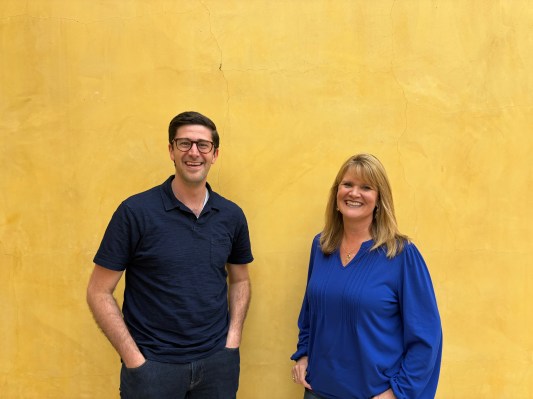Beer is one of the most popular alcoholic beverages around the globe. However, brewing is a lengthy and time-consuming process that can sometimes result in spoilage.
That’s when a group of American Chemical Society researchers came up with an out-of-the-box idea. They developed “BeerBots” to expedite and simplify the brewing process. These are tiny self-propelled beer-making robots.
According to the official statement, these tiny BeerBots were created by combining various types of components, including active yeast, magnetic iron oxide nanoparticles, and sodium alginate obtained from algae. All of these were mixed into a ferric chloride solution.
The fermentation process
When these tiny magnetic yeast bots were dropped into the wort solution, the results showed that, compared to the traditional method, they were able to accelerate the fermentation process. Moreover, it also eliminated the need for filtering the beverage for yeast after the fermentation process, as per the study.
The fermentation of sugar was achieved much faster using the yeast-containing beads than the yeast cells. “As the sugar was used up and fermentation ceased, the yeast-containing capsules sank to the bottom of the flask,” stated the press release.
Eventually, this entire process made it simple to separate the yeast from the final product using a magnet to produce the final beer. The current filtration step is said to be more difficult to remove free yeast cells. Furthermore, these newly-developed BeerBots could be used for up to three fermentation cycles.
Explaining the traditional process, the statement said: “In the first step, sugars are extracted from grains, such as malted barley, to create a watery solution called wort. Next, yeasts ferment those sugars, converting them into alcohol, carbon dioxide gas, and new flavor compounds. This step can take as long as four weeks.”
During this process, microorganisms can contaminate and spoil the final product. This makes them bitter. The chances of spoilage are greatly reduced with this new capsule, and the entire brewing process is sped up.
Based on these findings, the researchers believe that BeerBots could produce tasty brews more quickly and could be the future of the fermentation industry as beer demand continues to rise at the global level.
The study has been published in the journal ACS Nano.
Study abstract:
The brewing industry will amass a revenue above 500 billion euros in 2022, and the market is expected to grow annually. This industrial process is based on a slow sugar fermentation by yeast (commonly Saccharomyces cerevisiae). Herein, we encapsulate yeast cells into a biocompatible alginate (ALG) polymer along Fe3O4 nanoparticles to produce magneto/catalytic nanostructured ALG@yeast-Fe3O4 BioBots. Yeast encapsulated in these biocompatible BioBots keeps their biological activity (growth, reproduction, and catalytic fermentation) essential for brewing. Catalytic fermentation of sugars into CO2 gas caused a continuous oscillatory motion of the BioBots in the solution. This BioBot motion is employed to enhance the beer fermentation process compared to static-free yeast cells. When the process is finished, magnetic actuation of BioBots is employed for their retrieval from the beer samples, which avoids the need of additional filtration steps. All in all, we demonstrate how an industrial process such as beer production can be benefited by miniaturized autonomous magneto/catalytic BioBots.






